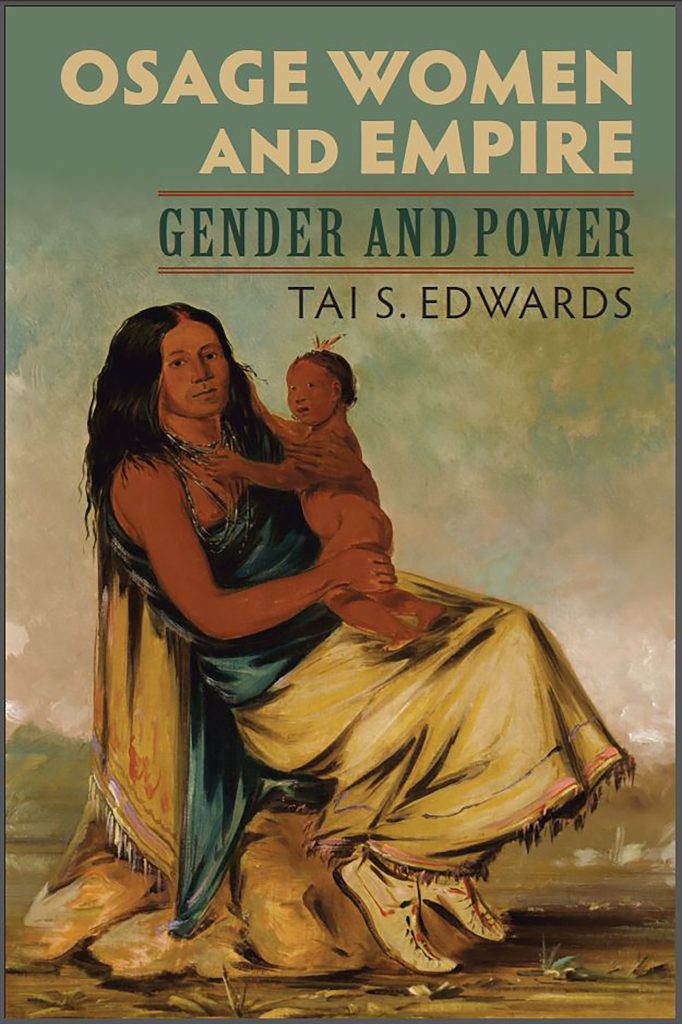
Fort Scott National Historic Site (FSNHS) personnel are collaborating to bring stories of indigenous tribe’s histories to Bourbon County.
“We want to help share the stories of tribal partners, a lot of it is the Osage Tribe,” said Carl Brenner, program manager for interpretation and resource management at the Fort. “We are trying to tell the story with the background of everything that was here in Kansas, the Fort is just a part. It’s a bigger story than Kansas and the Fort. It’s the story of the growing pains of a nation.”
The first program, in a series the Fort is bringing to Fort Scott, is this Saturday.
The series of events will be of authors, historians, artisans, and Native American Tribal members, which will continue through the fall of this year.
Colonialism and the Osage in Kansas
FSNHS is hosting historian and author, Dr. Tia Edwards, this Saturday, March 18 from 11 a.m. to noon in the theater of the infantry barracks.
“She will discuss how nineteenth century U.S. Indian policy functioned as settler colonialism, displacing Indigenous nations across the eastern United States, including the Osage who were expelled from their Missouri homelands and confined to a reservation in Kansas,” Brenner said.
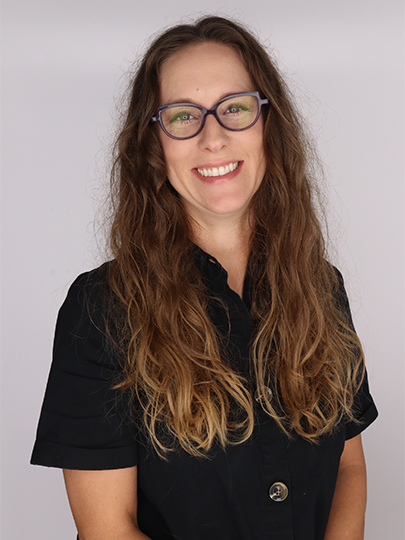
Dr. Edwards is a historian and director of the Kansas Studies Institute at Johnson County Community College, according to the press release.
Her book Osage Women and Empire was published by the University Press of Kansas in 2018. She is an officer in the Kansas Association of Historians (KAH) and the Kansas Association for Native American Education (KANAE).
She has collaborated on many projects including recording veterans’ oral histories, preserving the Quindaro ruins in Kansas City, KS and rematriating a sacred boulder in Lawrence to the Kaw Nation.
Indigenous Histories Series
The Fort is collaborating with local entities to bring the histories of indigenous peoples to Fort Scott. The Lowell Milken Center, Hedgehog INK bookstore and Fort Scott Community College is collaborating with the Fort for this series.
Speakers
The Lowell Milken Center will have Billy Mills, an Oglala Souix, on April 12. Mills was a 1964 gold medal winner at the Tokyo Olympics, who inspired America with his win.
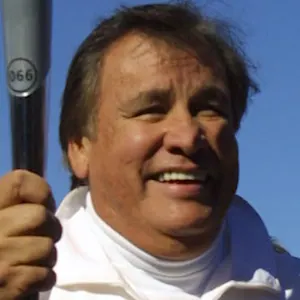
To view his story:
https://olympics.com/en/athletes/billy-mills
On April 15, Isaias Mc Caffrey, author of Last Stand at Rebel Creek: The Osage as Union Allies in Civil War Kansas will be at the Fort.
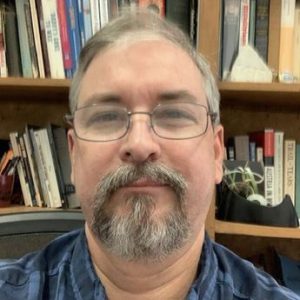
McCaffery is a professor of history at Independence Community College. His presentation explores the Osage tribe’s contributions to the Union Army cause in Kansas during the Civil War.
Ballet
Wahzhazhe, the name the Osage people call themselves, will perform a contemporary ballet that tells their history from pre-contact years to present day, according to https://www.osageballet.com/. This event will be July 21-22 at the Ellis Fine Arts Center at Fort Scott Community College.
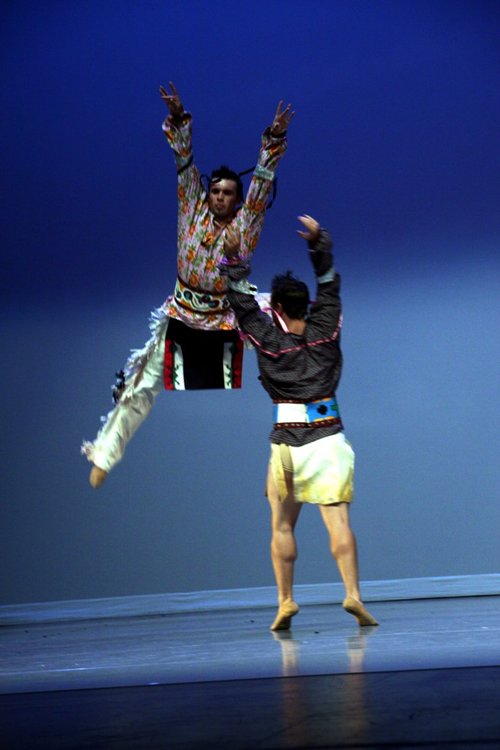
“From the hand-painted scenery, to the original score , which features the use of traditional drums, to the exquisitely detailed costumes, the world of the Osage comes to life in vivid color, a mesmerizing blend of historical accuracy and raw emotional symbolism,” according to its website.
In addition to the ballet, there will be an exhibit of historic photos of the Osage people.
This event is partially funded by Humanities Kansas. Donations for this project are welcome to the Friends of the Fort Scott National Historic Site.
Fort Scott National Historic Site: Part of the National Park System.
The FSNHS exhibit areas and visitor center are open daily from 8:30 a.m. – 4:30 p.m.during the winter months, which ends March 31. Park grounds are open daily from a half hour before sunrise until a half hour after sunset.
To find out more or become involved in activities at the Fort, please contact the park at 620-223-0310 or visit our website at www.nps.gov/fosc.
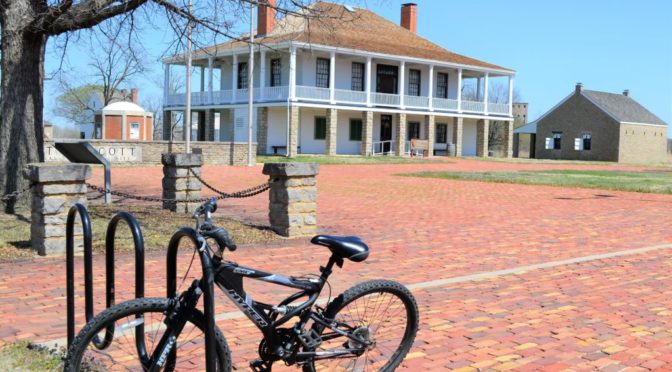
This is wonderful…Although it is sometimes painful to learn, We need to learn more history of those who were here before we immigrants arrived!!